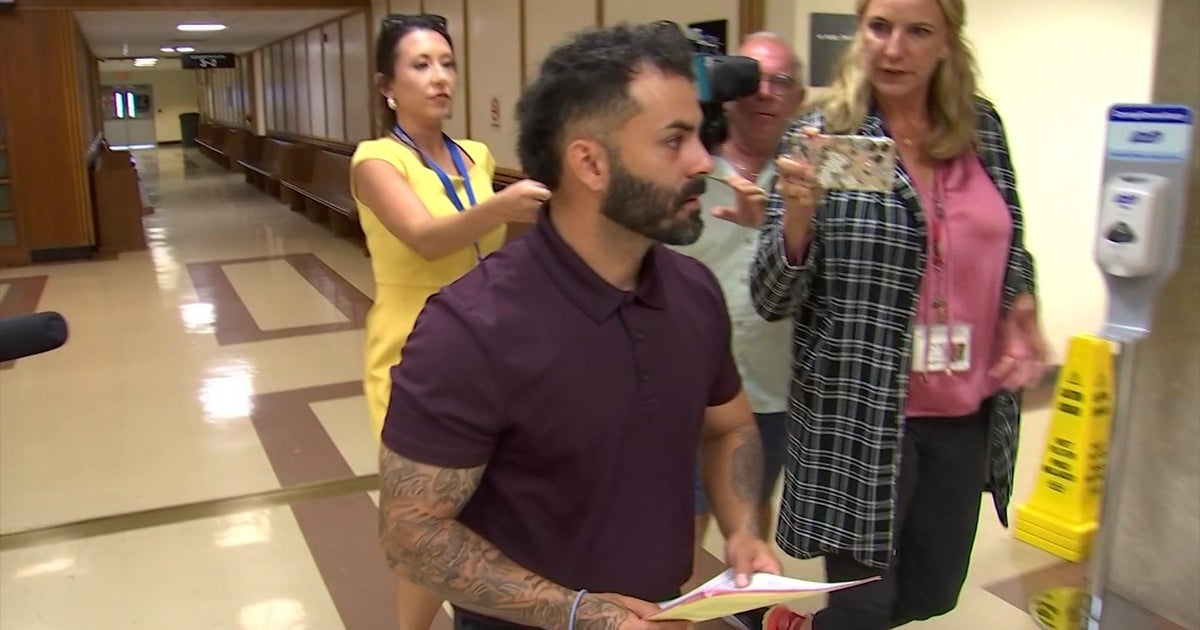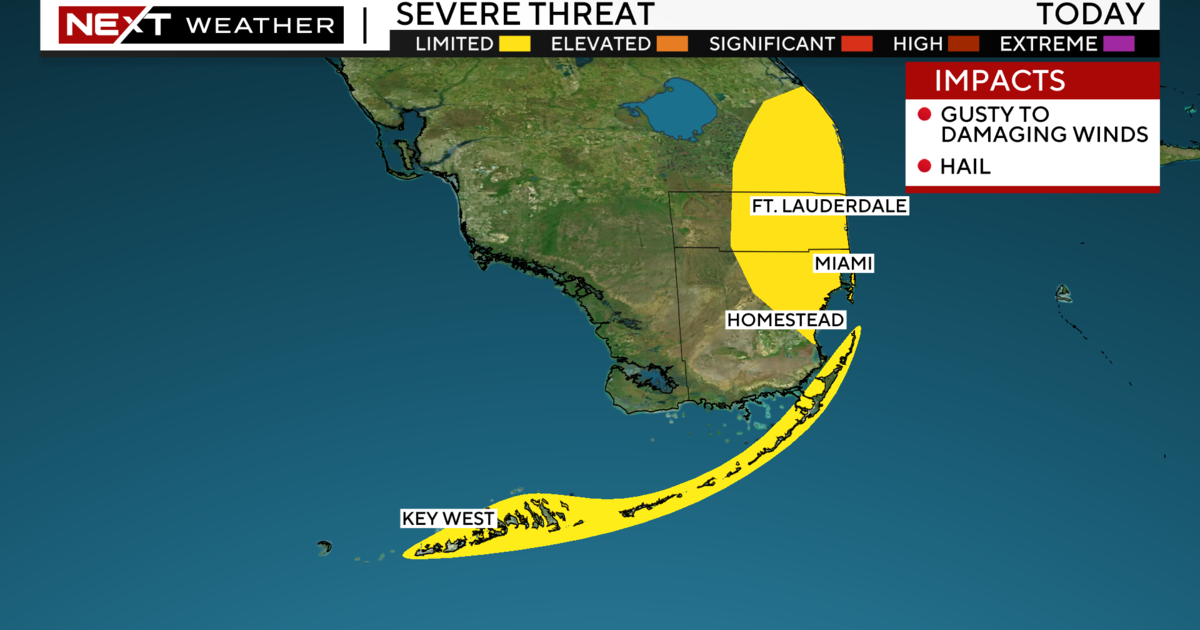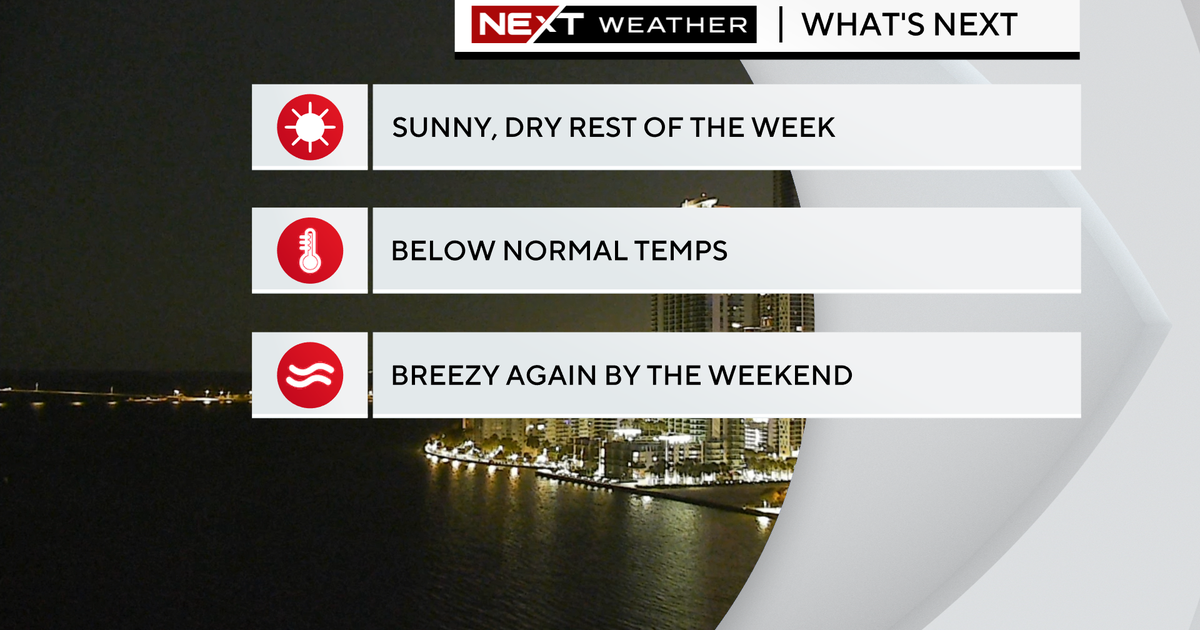Combating Storm Surge Gets Tougher As Sea Level Rises
Follow CBSMIAMI.COM: Facebook | Twitter
MIAMI (CBSMiami) -- Storm surge is considered the deadliest hazard in a hurricane and may become more and more common with future storms, not because the storms themselves are changing, but rather because of what is happening to the sea level.
It has been and will continue to rise.
Brian Soden is a professor of atmospheric science at the University of Miami Rosenstiel School on Virginia Key and has been tracking sea level rise over the last 30 years. "The big change is in the last decade. It's how fast the sea is rising and how our projections have nearly doubled."
Soden says that what has been a slow but steady rise in sea level over the last century has all of a sudden, dramatically increased in the last decade.
"Local communities are going to have to adapt and start planning on how to adapt to rising seas," he added.
WATCH THE CBS4 SPECIAL "HURRICANE SEASON 2017: SURVIVE THE STORM
In the battle against sea level rise, Miami Beach could be considered the front line. With roadbeds being raised and a series of pumps being installed, they are fighting that battle.
"The challenge in a storm surge situation, in a major storm, is it's going to overwhelm the system initially," said Miami Beach City Manager Jimmy Morales, who realized the efforts may prevent minor flooding but will not be able to stop a storm surge. "The hope is that the system will drain the flooded areas more rapidly."
He, along with other coastal communities, will have to adjust storm strategies when preparing for future storms, since surge flooding may become more and more common.
"No question that impact of minor storms is now leading to storm surge. I'm not even sure minor storms even exist anymore," said Morales. "We probably prepare for a cat 1 like we used to for a cat 2 or cat 3."
- Click here for ways to prepare yourself for an impending storm from our Hurricane Preps page
- Click here for latest news surrounding hurricanes and the National Hurricane Center
- Click here to see all of the latest maps when a storm forms in the Atlantic
- Click here to download the CBS4 2017 Hurricane Guide (English)
- Click here for Live Weather Blog
- Download the CBS4 Weather App Here



